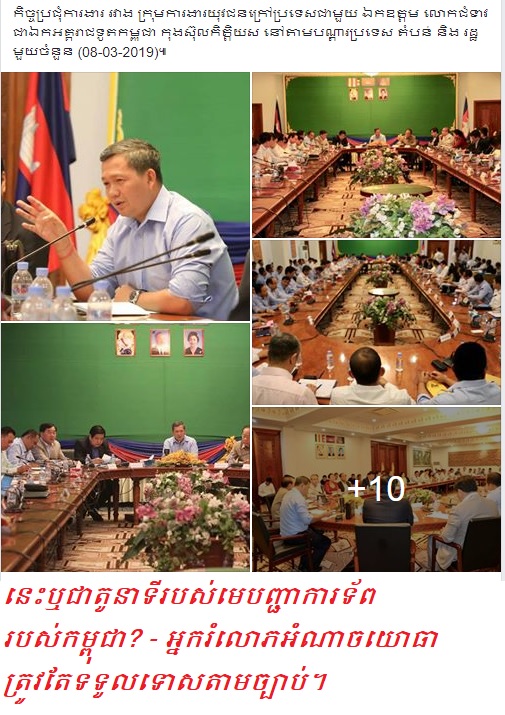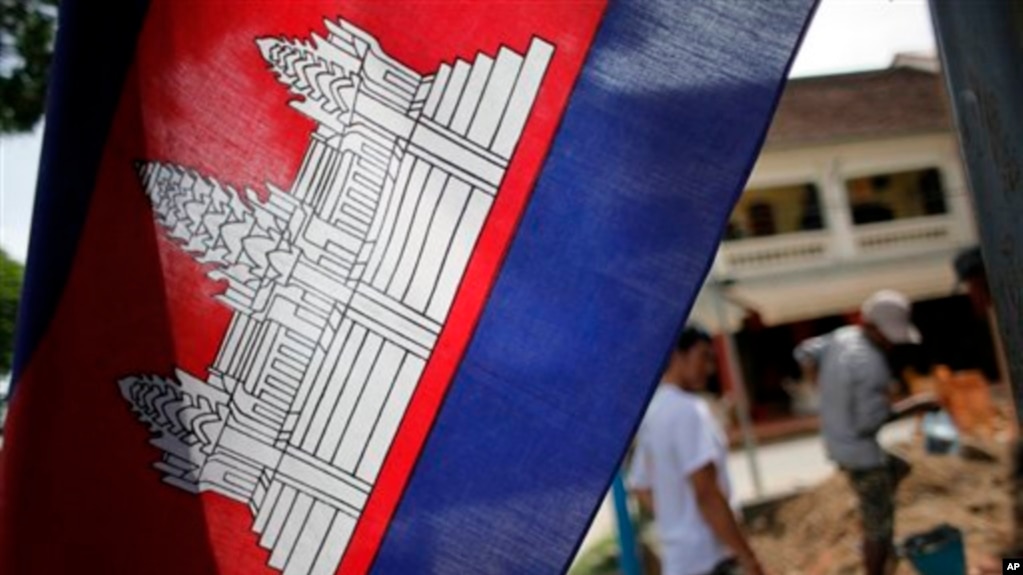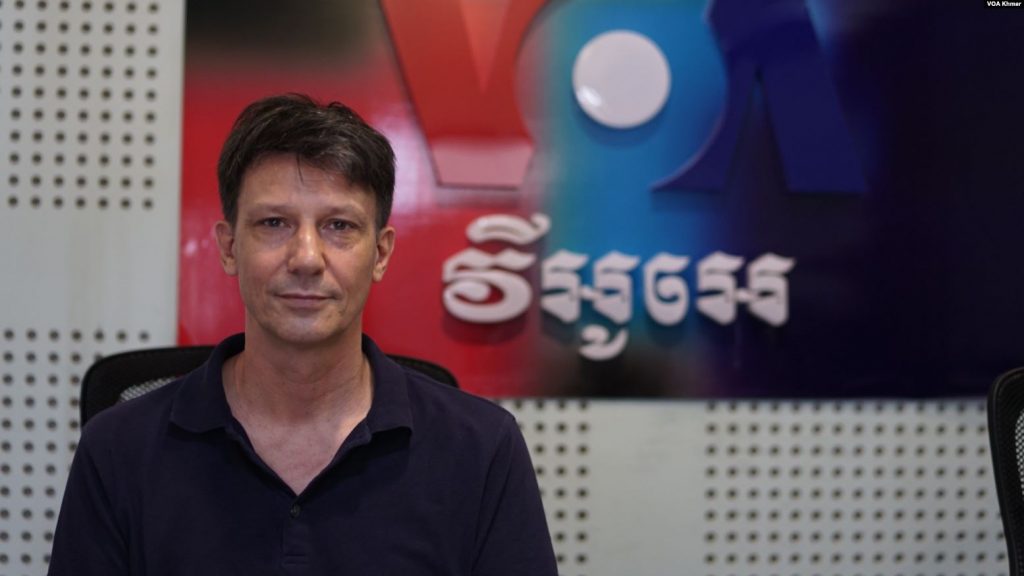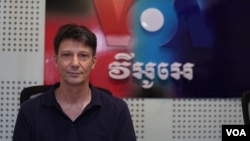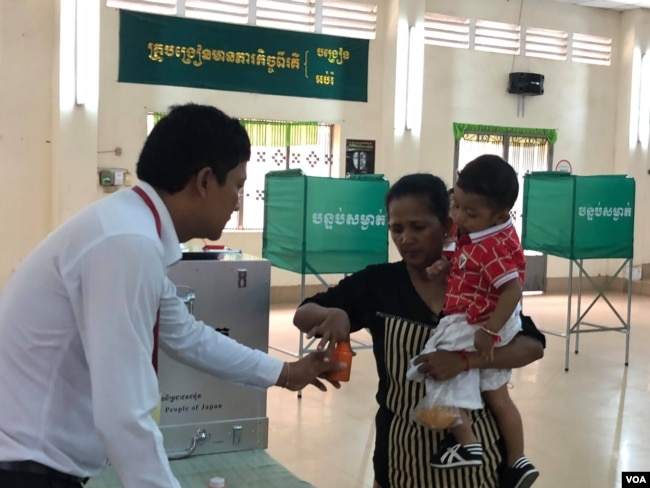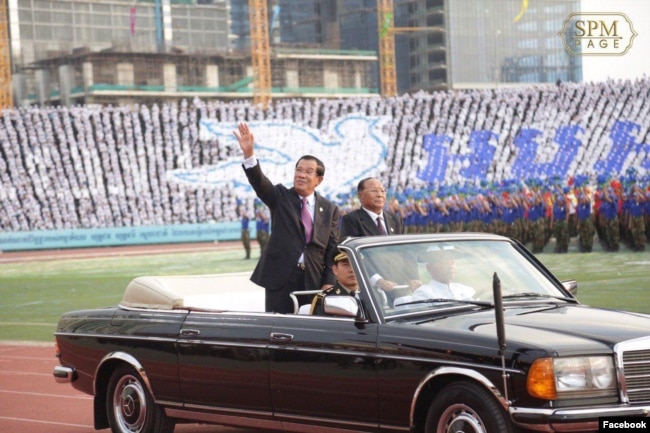Archives
now browsing by author
Remittances Pull Farmers Deeper Into Debt, Research Finds
Remittances Pull Farmers Deeper Into Debt, Research Finds
13 March 2019
- Men Kimseng
- Op-Ed: VOA Khmer
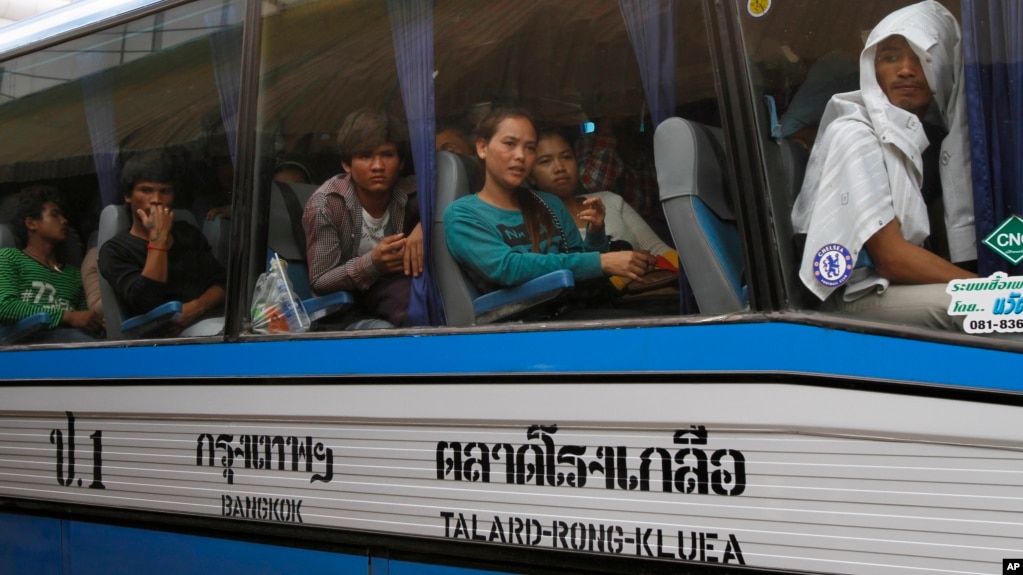
The study found that families receiving remittances saw an average increase in debt of 6 percent.WASHINGTON DC —
Remittances sent home by Cambodian migrant workers result in their families falling deeper into debt as they become more prone to borrowing, a study has found.
The report, “The Cambodia Debt Trap? A Study of the Relationship Between Remittance and Household Debt”, published in January by the Future Forum think tank, found that households that received more remittance payments tended to rely more heavily on loans from banks, microfinance institutions, and private lenders.
“The situation of remittances and debt in the Cambodian context in the short run can be viewed positively as it helps migrant families ensure their living requirements [are met], such as food, transport, and accommodation,” wrote Lor Samnang, the lead researcher.
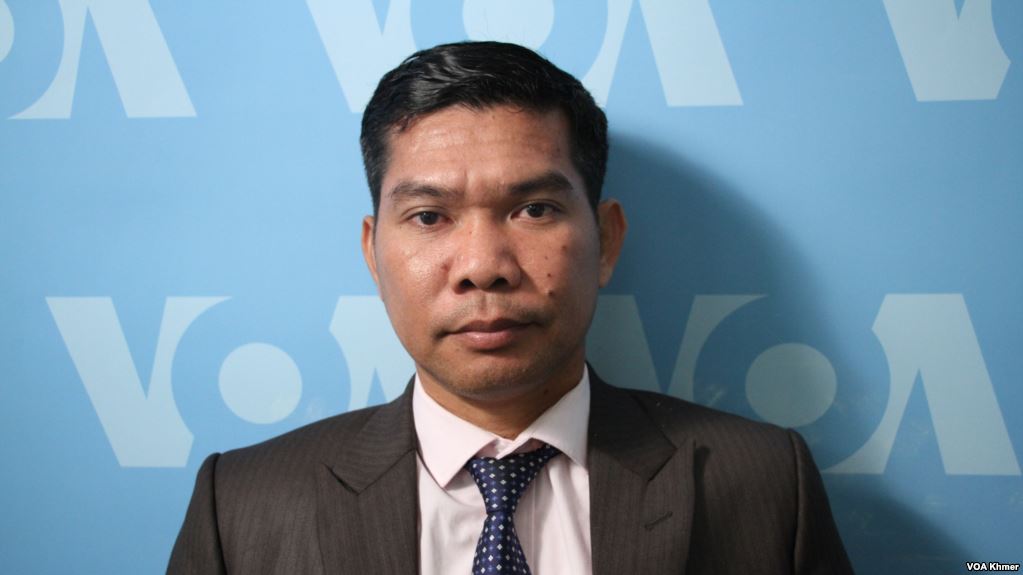
But in the long term, Samnang found that families become over-indebted as loans are used to finance unprofitable ventures.
The study found that families receiving remittances saw an average increase in debt of 6 percent.
Some 2 million Cambodians work overseas in countries such as Thailand, South Korea, Japan, Malaysia, and Singapore, predominantly in low-paid jobs such as construction, fisheries, manufacturing, farming, and the service industry.
They send home more than $400 million annually, according to the World Bank.
“Debt has forced many into migration, but what we’ve found is not only that,” said Ou Virak, president of the Future Forum. “We’ve found out that those who have migrated are indebted even further after they have more money. It’s now not only debt that has forced them to migrate, but migration is putting them deeper in debt.”
The Coalition of Cambodian Farmer Community, a farmers association, said debt was the second most important issue facing farmers after lack of market access for their produce.
“The main factor is their livelihood, which is getting harder and harder,” said Theng Savoeun, coordinator of Coalition of Cambodian Farmer Community. “Their agricultural work in rural areas is getting tougher. Their rice or agricultural products do not have enough market. These have forced them to migrate or seek other jobs.”
Formal lenders may charge interest rates as high as 20 percent per annum, while informal lenders often charge more.
“Prices do not enable our farmers to make more profit to pay their debt,” said agriculture expert Yang Saign Koma, chairman of the board of directors of the Grassroots Democracy Party. “We’ve seen this getting worse and worse. At the end of the month, they are worried about finding money to repay debt. This will become a big catastrophe for Cambodia in the next four or five years.”
Former opposition politicians have criticized Cambodian agricultural policy for its failure to find markets for farmers and boost production.
“This is a big deal,” said Mu Sochua, vice president of the banned Cambodia National Rescue Party. “People migrate because of debt. The debt is not used only for meeting the needs of their agriculture, but to pay for other services like health and education for their children. These should be free, but they are not available.”
The study also found that only about a third of loans were used to finance economic activities, with most of the debt going on essentials and non-profitable spending. It recommends a financial literacy program and support from major financial institutions and the authorities.
“At the moment I see that this is a topic that must be debated to pressure banking institutions, especially microfinance, to pay more attention before giving out loans,” said Virak. “They are worried to lose their money when people are unable to pay back and they cannot confiscate their houses or rice fields or farm. Therefore they must be cautious.
“I believe that putting pressure on the banks is a more effective measure.”
ការស្រាវជ្រាវថាប្រាក់បញ្ញើធ្វើឱ្យគ្រួសារជនចំណាកស្រុកជំពាក់បំណុលកាន់តែខ្លាំង
05 មិនា 2019
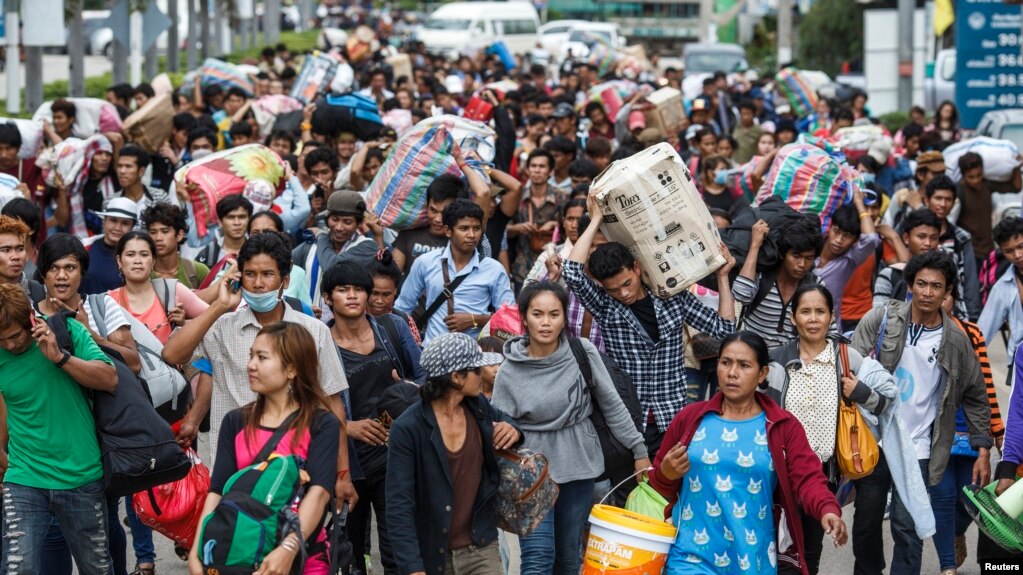
ក្នុងឆ្នាំ២០១៨ ពលករចំណាកស្រុកផ្ញើប្រាក់ចំនួន៤១៤លានដុល្លារទៅឱ្យក្រុមគ្រួសារ។ នេះបើតាមតួលេខឆ្នាំ២០១៨របស់ធនាគារពិភពលោក។វ៉ាស៊ីនតោន —
ប្រាក់បញ្ញើពីក្រៅប្រទេសរបស់ពលករចំណាកស្រុកមិនអាចជួយដោះបន្ទុកប្រាក់បំណុលរបស់ក្រុមគ្រួសារទេ។ ផ្ទុយទៅវិញ វាបានក្លាយជាអន្ទាក់មួយធ្វើឱ្យមានការជំពាក់បំណុលកាន់តែខ្លាំងឡើងក្នុងរយៈពេលយូរ ដែលអាចធ្វើឱ្យកសិករធ្លាក់ក្នុងភាពក្រីក្រកាន់តែជ្រៅ។ នេះបើតាមលទ្ធផលនៃការសិក្សាស្រាវជ្រាវមួយ។
Read More …











